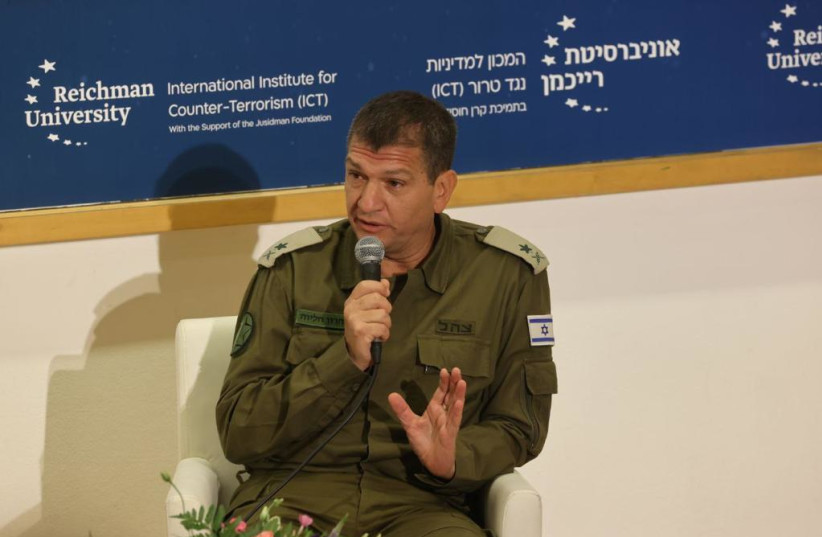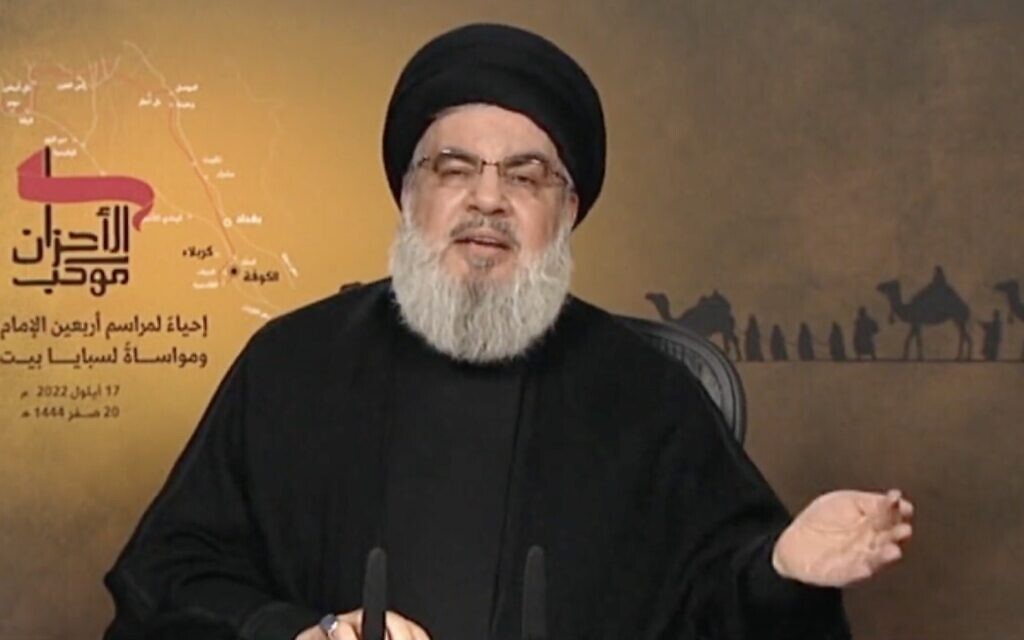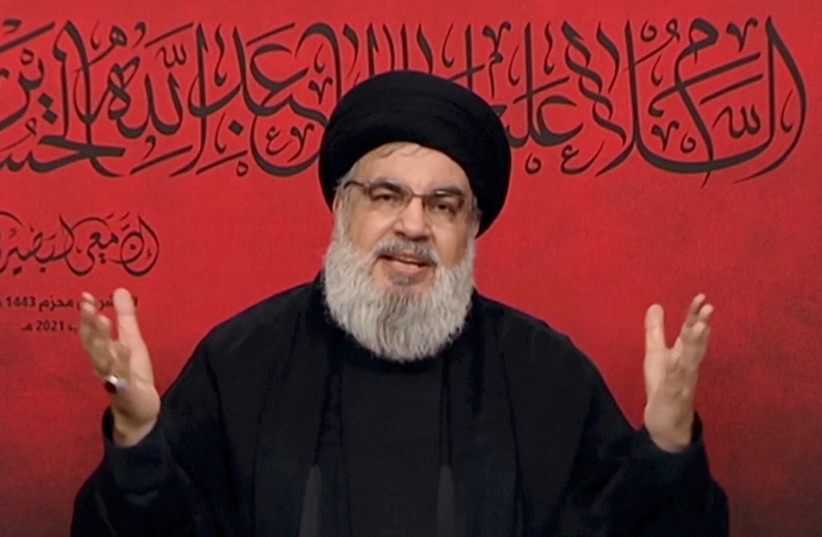Sixties Fan
Diamond Member
- Mar 6, 2017
- 57,482
- 10,926
- 2,140
- Thread starter
- #21
Hashem Safieddine, the head of Hizbullah's Executive Council, said in an August 4, 2022 address that was aired on Al-Manar TV (Hizbullah-Lebanon) that America is Hizbullah's "number one enemy" and that it is striving to destroy humanity under the guise of "civilization, progress, and human rights." He said that America's "arrogance" regarding Russia and China have resulted in a threat to the world's food supply, and he claimed that Lebanon has foiled many American plots on its soil. In addition, he said that the "resistance axis" would have easily finished off Israel were it not for the protection the U.S. provides it with.
(full article online)
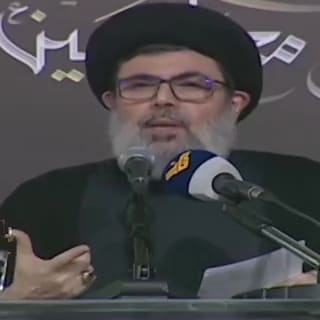
 www.memri.org
www.memri.org
(full article online)

Hizbullah Senior Official Hashem Safieddine: America Is Our Number One Enemy; Its Arrogance Towards Russia And China Has Endangered The World's Food Supply; We Would Have Already Finished Off Israel If Not For U.S. Protection
The head of Hizbullah's Executive Council, Hashem Safieddine, said in an August 4, 2022 address that was aired on Al-Manar TV (Hizbullah-Lebanon) that America is Hizbullah's "number one enemy" and that it is striving to destroy humanity under the guise of "civilization, progress, and human rights."
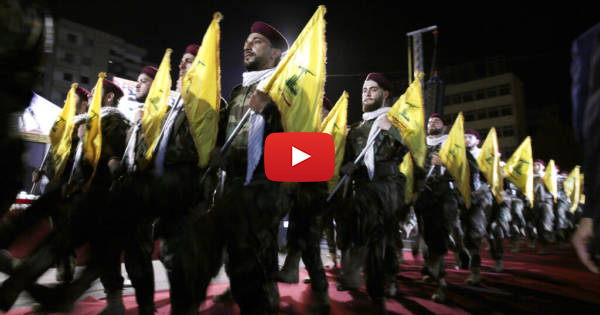
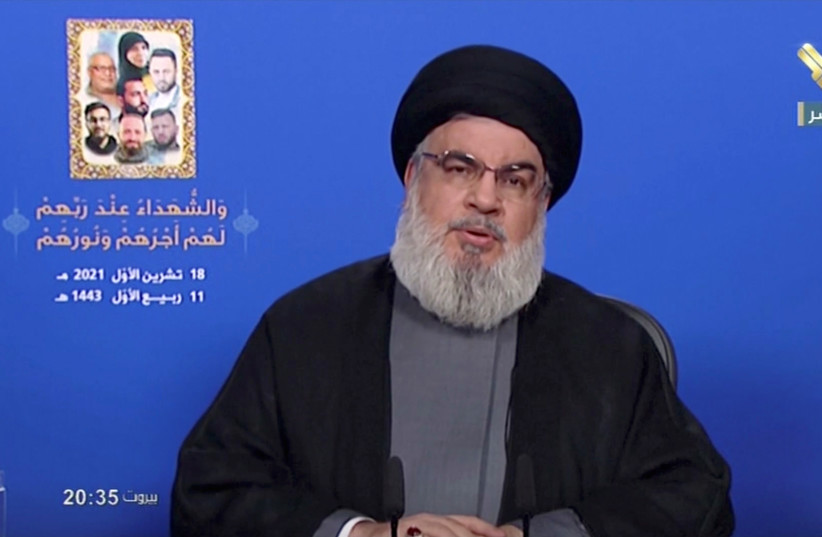
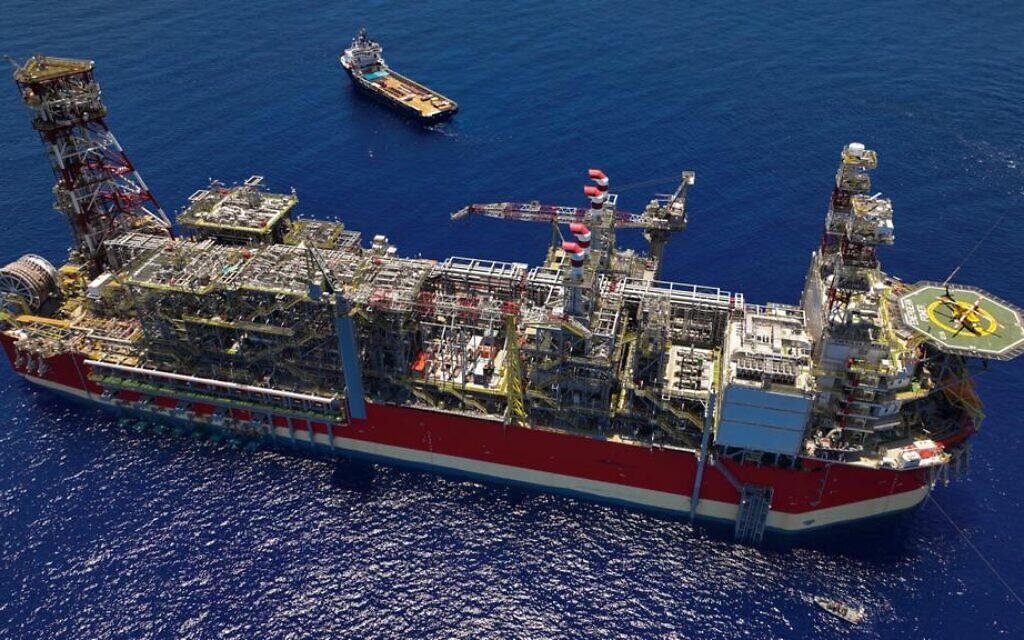

.jpg)
